US To Export AZ Vaccine As India Battles 'Heartbreaking' Covid Surge
The United States committed Monday to releasing up to 60 million doses of the AstraZeneca Covid-19 vaccine, as India grapples with a catastrophic new surge in infections and severe medical shortages, with hospitals overwhelmed and crematoriums at capacity.
The South Asian giant of 1.3 billion people recorded 352,991 new infections and 2,812 deaths on Monday -- its highest levels since the pandemic began -- as its Hindu-nationalist government comes under fire for allowing mass gatherings such as religious festivals and political rallies in recent weeks.
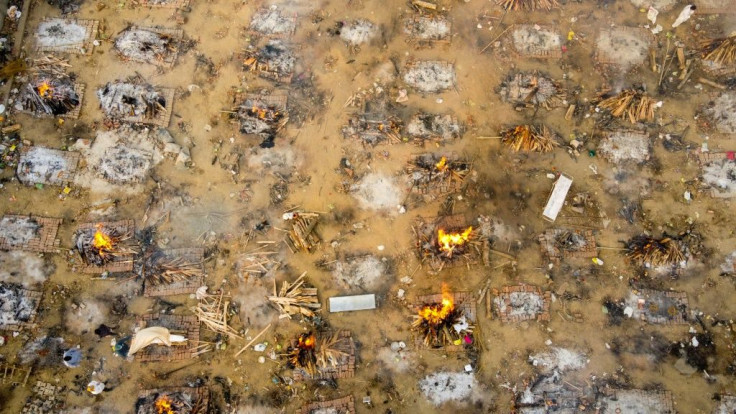
But with its health system completely overwhelmed, Western countries are rushing to India's aid -- including the United States, which has come under fire for hoarding supplies including of the AstraZeneca vaccine, as other countries battle sprawling outbreaks.
"U.S. to release 60 million Astra Zeneca doses to other countries as they become available," tweeted Andy Slavitt, senior advisor to the White House on Covid response.
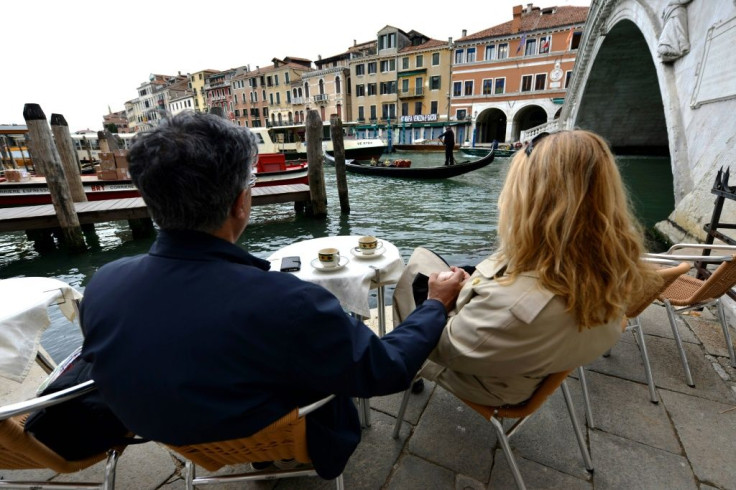
It was not immediately clear how many doses are ready to be shipped or where they will go, with Slavitt adding "at this time there are still very few available."
But President Joe Biden held a telephone call with Indian Prime Minister Narendra Modi on Monday, pledging his country's "steadfast support for the people of India who have been impacted by the recent surge in Covid-19 cases."
The United States "is providing a range of emergency assistance, including oxygen-related supplies, vaccine materials and therapeutics," Biden told Modi, according to a statement.
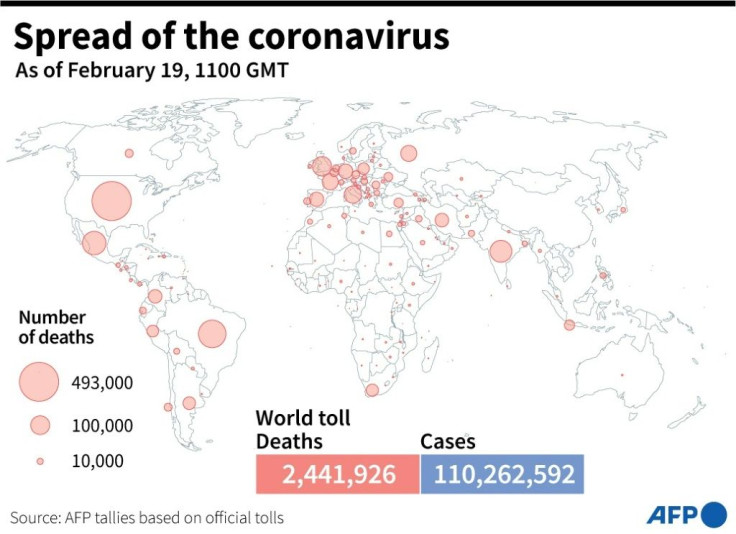
Others were also rushing to India's aid.
The World Health Organization (WHO) "is doing everything we can, providing critical equipment and supplies," its chief Tedros Adhanom Ghebreyesus told reporters, describing the situation in India as "beyond heartbreaking."
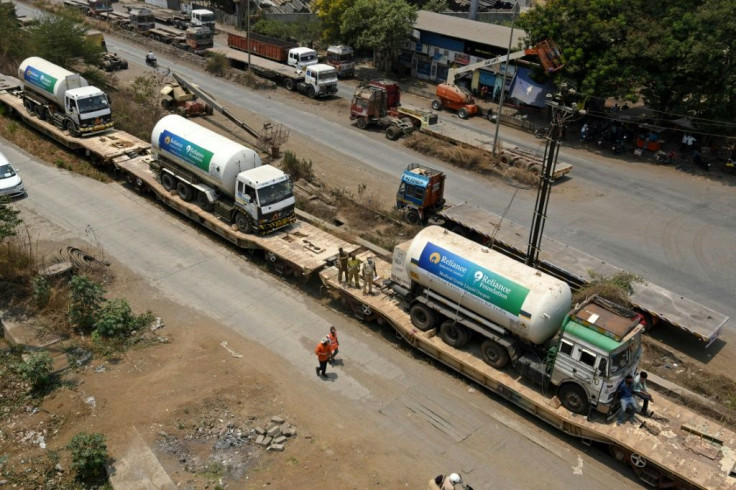
The UN health agency is also sending oxygen, mobile field hospitals and laboratory supplies and has transferred more than 2,600 experts from various programmes, including polio and tuberculosis, to work with Indian health authorities.
From Britain, the first of nine airline containers of supplies -- including ventilators and oxygen concentrators -- was set to arrive in India early Tuesday, Prime Minister Boris Johnson said, pledging Britain would do "all it can" to help.
Germany and Canada have similarly pledged support, while France said Monday it will send eight oxygen production units as well as oxygen containers and respirators to India.

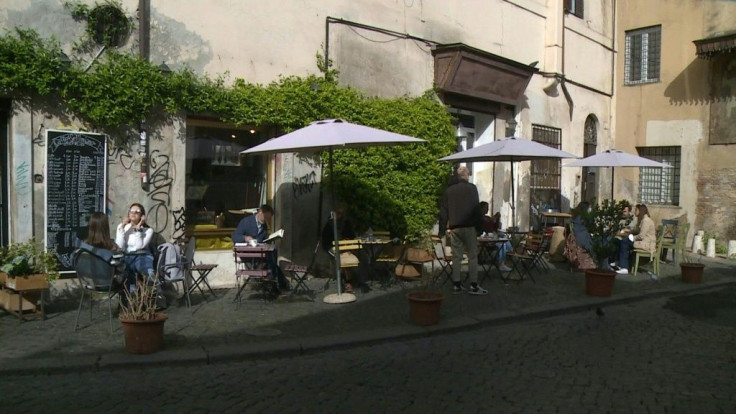
The coronavirus pandemic has killed more than 3.1 million people worldwide out of at least 147 million infected.
Tedros warned that globally, new case numbers have been rising for nine weeks straight.
"To put it in perspective," he said, "there were almost as many cases globally last week as in the first five months of the pandemic."
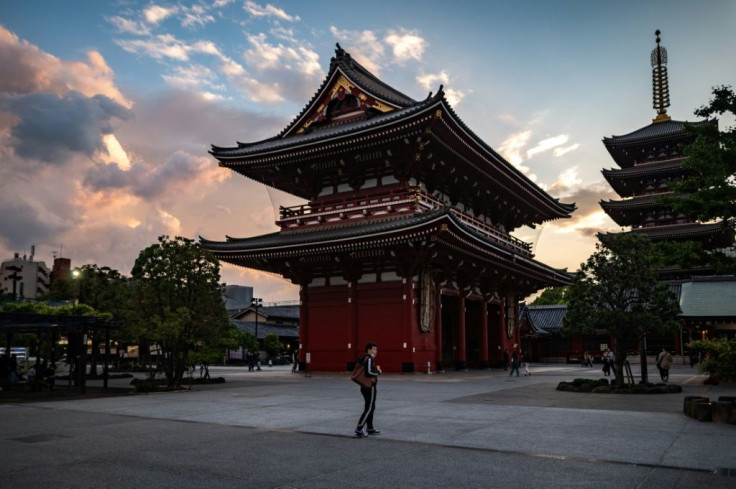
Maria Van Kerkhove, the WHO's technical lead on Covid-19, told reporters the surge in India was "really, truly astonishing" -- but warned it was not unique, and that several countries had seen similar trajectories of increased transmission.
"We're in a fragile situation," she said.
Nevertheless, some countries in Europe are beginning to lift restrictions as the pace of inoculation picks up.
In Italy -- the first European country to be hit by the pandemic in early 2020 and still one of the worst affected -- bars, restaurants, cinemas and concert halls reopened on Monday.
Prime Minister Mario Draghi has admitted that doing so represented a "calculated risk", with virus statistics improving but Covid-19 deaths still mounting by hundreds every day.
In Germany, Chancellor Angela Merkel said her government was looking at relaxing restrictions for people who are fully vaccinated.
France is also hoping for further improvement with millions of children returning to schools on Monday after a shutdown against a severe third wave.
In Britain, Scottish pubs were allowed to reopen for the first time this year, along with non-essential facilities such as gyms, swimming pools and nail bars.
Elsewhere, countries are tightening restrictions.
In Thailand, prime minister Prayut Chan-O-Cha was fined for not wearing a mask after new restrictions came into force to try to halt an outbreak that saw deaths hit a record single-day high over the weekend.
Japan's annual "Golden Week" holiday got under way with new restrictions in Tokyo and Osaka, where shopping malls were asked to close and residents urged to avoid non-essential travel.
The tourism-dependent islands have recorded fewer than 100 cases and just two deaths in a population of 930,000.
In Turkey, President Recep Tayyip Erdogan announced a full lockdown from April 29 to May 17 as the nation of 84 million has seen daily Covid-19 death tolls to higher levels than during two previous spikes last year.
In Iran, the Middle East's worst-affected country, the death toll passed 70,000, according to health ministry figures, with a record 496 deaths in the past 24 hours.
© Copyright AFP 2024. All rights reserved.




















